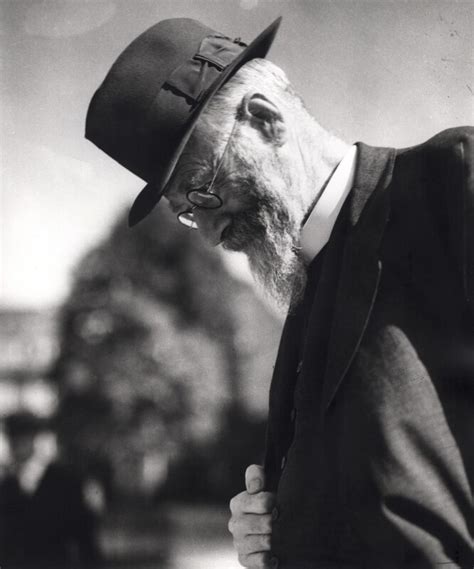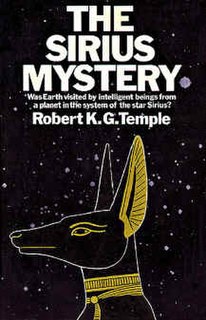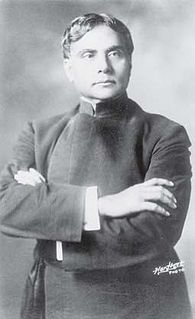A Quote by Burnett Hillman Streeter
No theory of the universe can be satisfactory which does not adequately account for the phenomena of life, especially in that richest form which finds expression in human personality.
Related Quotes
God is one among several hypotheses to account for the phenomena of human destiny, and it is now proving to be an inadequate hypothesis. To a great many people, including myself, this realization is a great relief, both intellectually and morally. It frees us to explore the real phenomena for which the God hypothesis seeks to account, to define them more accurately, and to work for a more satisfying set of concepts.
It must be a very dour and pessimistic astronomer indeed who seriously doubts that there must be countless numbers of intelligent civilizations scattered throughout the universe on other planets which are orbiting around other stars. An attitude which asserts that man is the only intelligent life form in the universe is intolerably arrogant today ... anyone who holds such an opinion today is, fortunately for those who like to see some progress in human conceptions, something of an intellectual freak equivalent to a believer in the Flat Earth Theory.
The total quantity of all the forces capable of work in the whole universe remains eternal and unchanged throughout all their changes. All change in nature amounts to this, that force can change its form and locality, without its quantity being changed. The universe possesses, once for all, a store of force which is not altered by any change of phenomena, can neither be increased nor diminished, and which maintains any change which takes place on it.
The inviolability of the person which is a reflection of the absolute inviolability of God, finds its primary and fundamental expression in the inviolability of human life. Above all, the common outcry, which is justly made on behalf of human rights-for example, the right to health, to home, to work, to family, to culture- is false and illusory if the right to life, the most basic and fundamental right and the condition for all other personal rights, is not defended with maximum determination.
The branches of mathematics are as various as the sciences to which they belong, and each subject of physical enquiry has its appropriate mathematics. In every form of material manifestation, there is a corresponding form of human thought, so that the human mind is as wide in its range of thought as the physical universe in which it thinks.
At present, when the prevailing forms of society have become hindrances to the free expression of human powers, it is precisely the abstract branches of science, mathematics and theoretical physics, which ... offer a less distorted form of knowledge than other branches of science which are interwoven with the pattern of daily life, and the practicality of which seemingly testifies to their realistic character.
We cannot look upon our lives as dreams of a dreamer who has no awakening in all time. We have a personality to which matter and force are unmeaning unless related to something infinitely personal, whose nature we have discovered, in some measure, in human love, in the greatness of the good, in the martyrdom of heroic souls, in the ineffable beauty of nature, which can never be a mere physical fact nor anything but an expression of personality.
There is the theory that all the living forms in the world have arisen from a single source which itself came from an inorganic form. This theory can be called the 'general theory of evolution,' and the evidence which supports this is not sufficiently strong to allow us to consider it as anything more than a working hypothesis.
The experimental investigation by which Ampere established the law of the mechanical action between electric currents is one of the most brilliant achievements in science. The whole, theory and experiment, seems as if it had leaped, full grown and full armed, from the brain of the 'Newton of Electricity'. It is perfect in form, and unassailable in accuracy, and it is summed up in a formula from which all the phenomena may be deduced, and which must always remain the cardinal formula of electro-dynamics.
Ruskin's much-derided moral theory of art was part of an attempt to show that this human activity, which we value so highly, engaged the whole of human personality. His insistence on the sanctity of nature was part of an attempt to develop Goethe's intuition that form cannot be put together in the mind by an additive process, but is to be deduced from the laws of growth in living organisms, and their resistance to the elements.

































